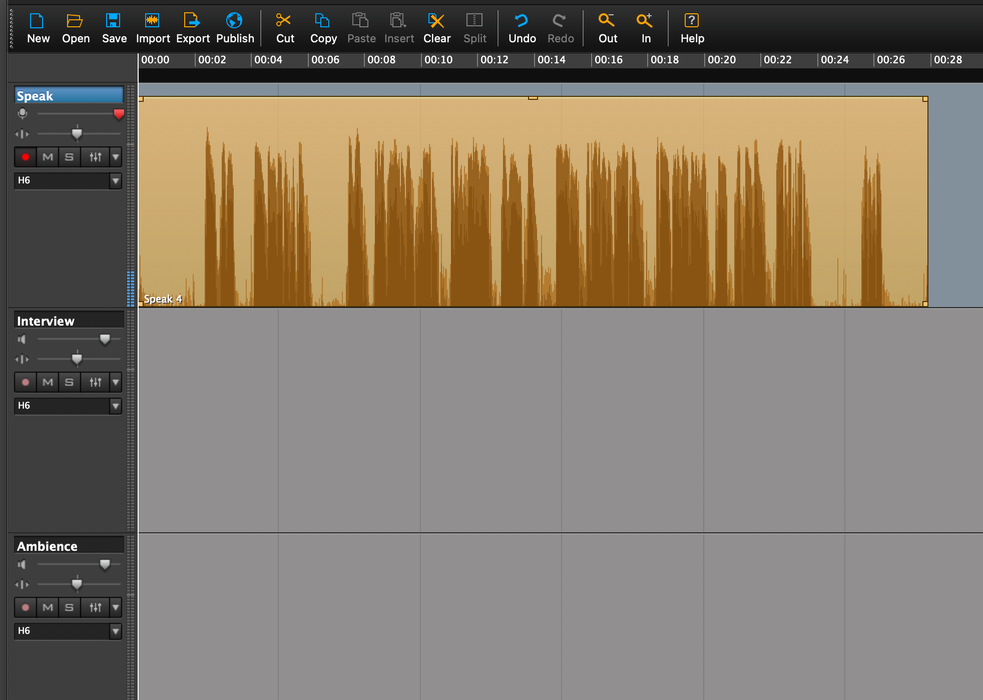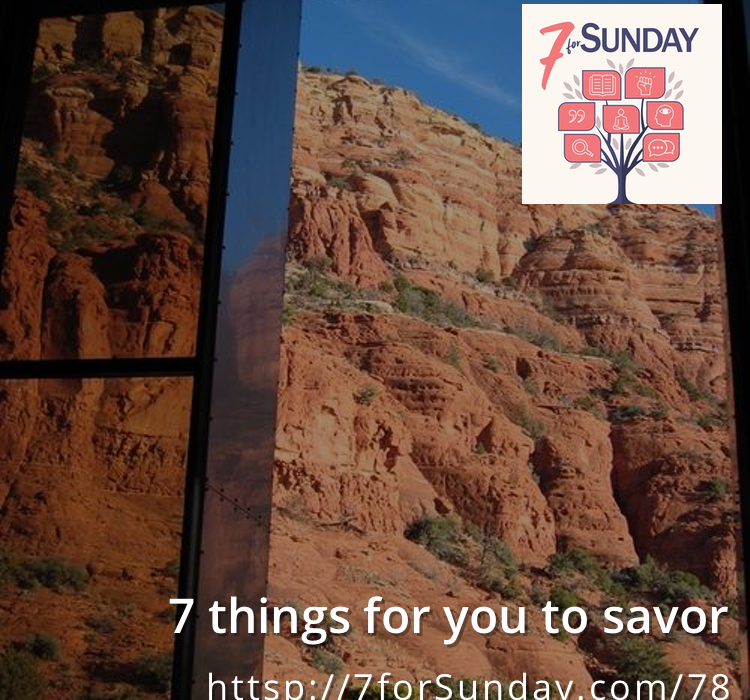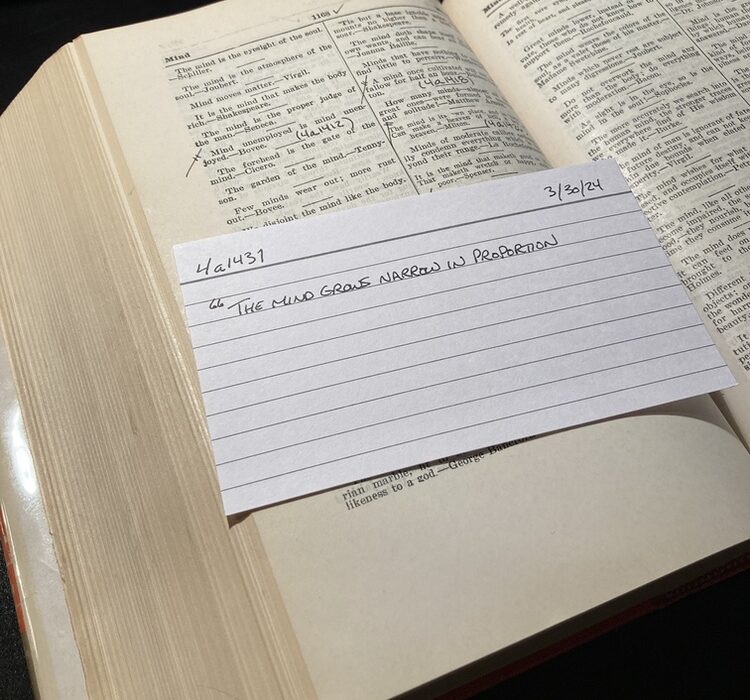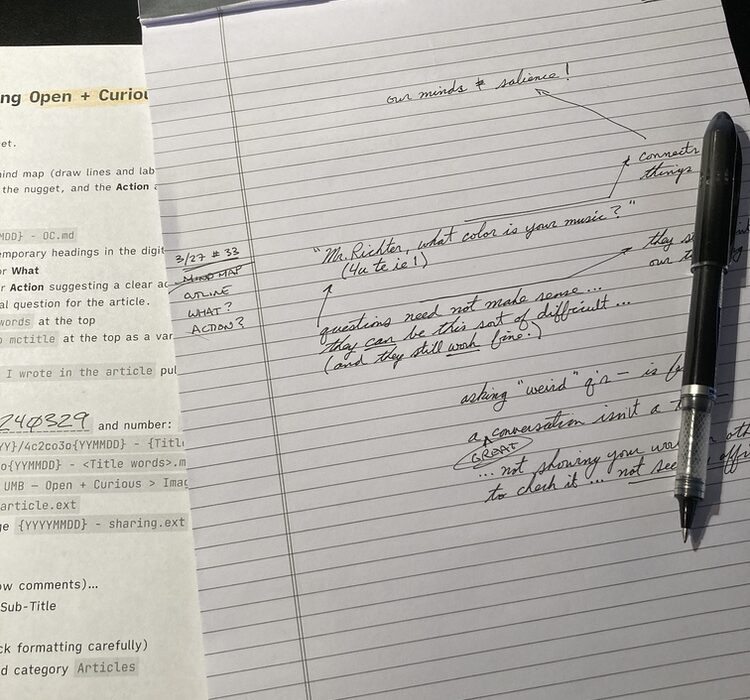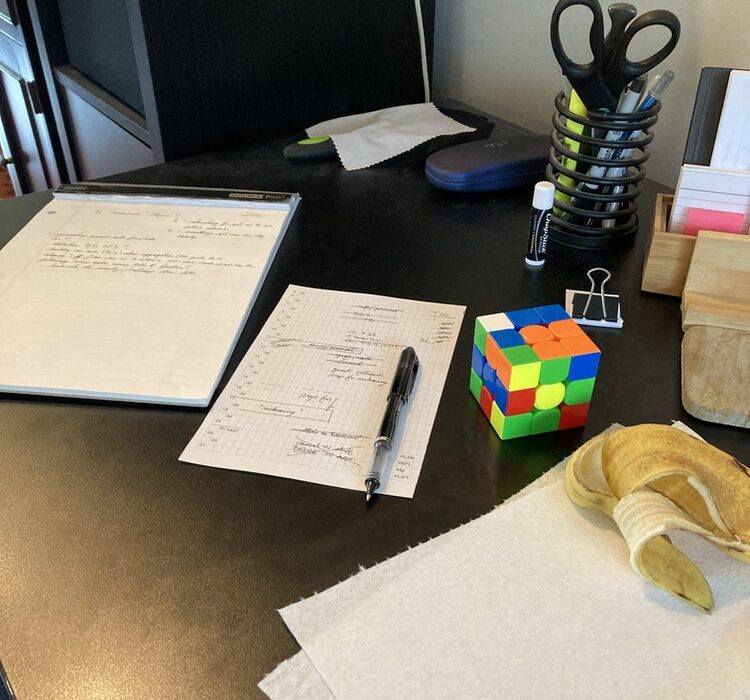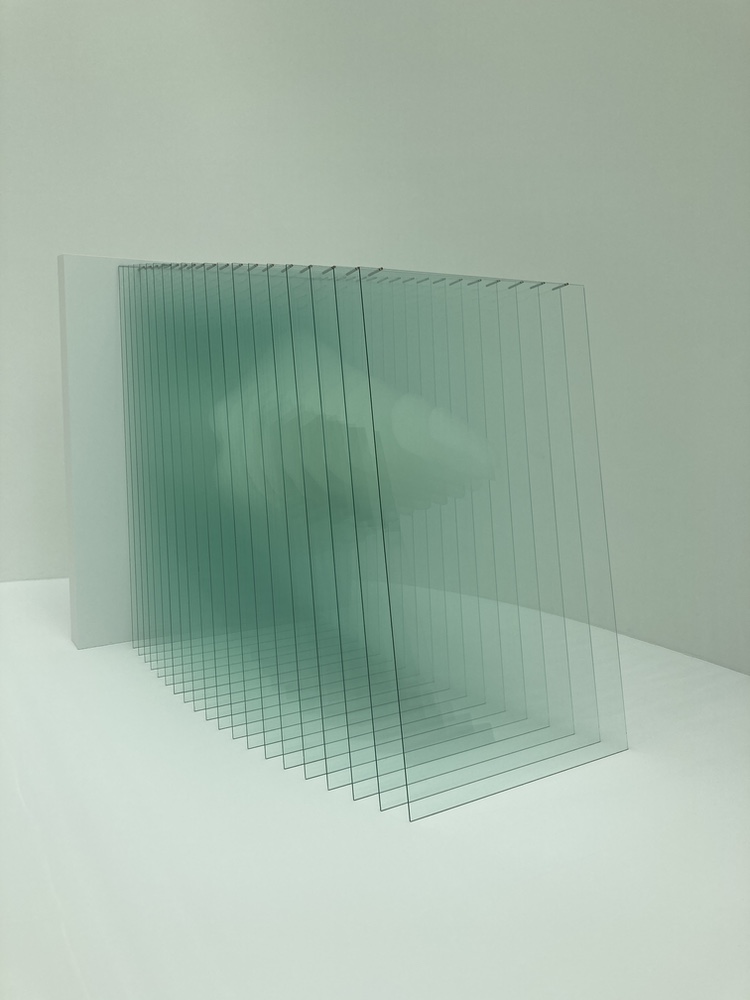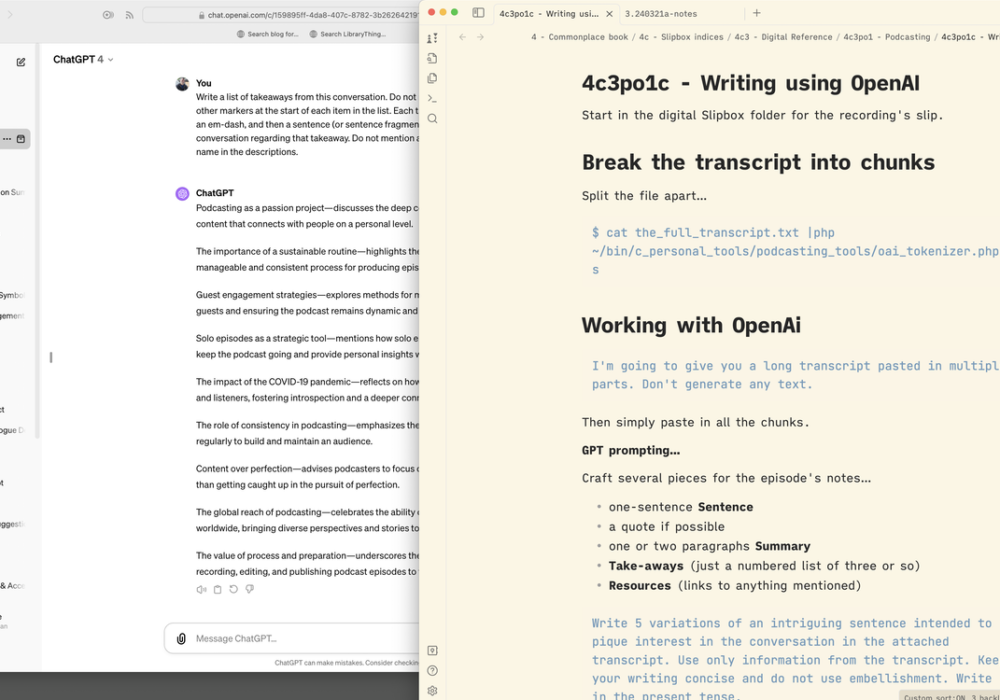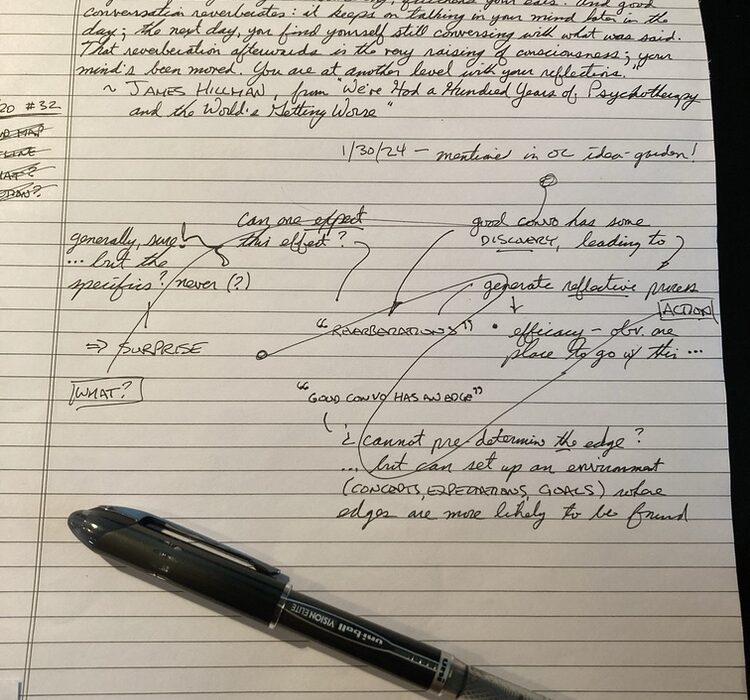What is the difference between adversity and challenge in the context of conversations, and how can one navigate these dynamics to foster curiosity and deeper understanding?
Exploring the fine line between adversity and challenge can transform the nature of our conversations.
In the dialogue between Craig Constantine and Jesse Danger, the conversation kicks off with a contemplative inquiry into the nature of conversations themselves, particularly the nuanced differences between adversity and challenge. Craig introduces this theme by reflecting on a quote from documentary filmmaker Errol Morris, sparking a discussion on the dynamics of adversarial interviews versus those driven by genuine curiosity. The duo delves into the observation that adversarial interactions, often characterized by a gladiatorial theater, tend not to be fruitful in learning or uncovering new insights. This discussion underscores a mutual agreement on the importance of fostering conversations that are alive with exploration and inquiry rather than contention.
I agree with everything you’re saying. I think from Errol’s quote, my first reading, I was like: Well, of course, there are adversarial interviews. But as soon as I thought about it more, then I came to this idea of adversity versus challenge. [The next] thought I had was, you know, alright, what’s the opposite of adversity? […] And I feel like the opposite of adversity should be challenge.
~ Craig Constantine 2:30
As the conversation unfolds, Jesse shares personal reflections on the moments within dialogues when he finds himself opposing someone else’s thoughts or statements. He notes the standstill that arises from such opposition and shares his strategy for softening the moment to realign on common ground, emphasizing the importance of maintaining curiosity over the need to be right. This introspective sharing leads to a broader conversation about the potential for growth in challenging conversations and the difference between encountering adversity and engaging in a challenge with a mindset geared towards understanding and respect.
What I’m noticing is that adversity—maybe by definition, at least in a lot of cases—it’s a zero-sum game. “Yes, I’m right, and you’re wrong.” And, it doesn’t hold the space. I mean, this is what [Errol was] saying in the quote, it doesn’t hold the space for both of us to come to a deeper, richer conclusion or understanding about what it is that we’re saying. I think creating this as more of the Infinite game of learning… and I think that conversation is an infinite game. At the very least the conversation is, or often is, a game of trying to uncover something new and co-created together.
~ Jesse Danger 9:50
Craig and Jesse both ponder the role of the conversationalist’s stance—how one’s openness or perceived openness to challenge and adversity can significantly influence the depth and quality of the dialogue. Through their exchange, they touch upon the idea that avoiding adversity might also mean missing out on meaningful challenges, suggesting a delicate balance in aiming for conversations that are both engaging and profound.
Takeaways
Exploring conversation dynamics — the dialogue opens with a focus on transforming conversations from adversarial encounters to inquiries driven by curiosity.
Adversity vs. challenge — a central theme is the differentiation between these concepts within the context of conversations, suggesting that while both can be present, their impacts and outcomes can vastly differ.
Personal growth through dialogue — the discussion reveals a belief that challenging conversations, approached with curiosity and respect, can lead to significant personal development and deeper understanding.
The impact of adversarial approaches — there is a consensus that adversarial interviews or interactions, while potentially entertaining, are less effective for learning or gaining new insights.
Strategies for realignment in conversation — one speaker shares personal strategies for softening moments of opposition to find common ground, highlighting the importance of flexibility and adaptability in discussions.
The value of curiosity over correctness — the conversation underlines the idea that maintaining curiosity, rather than striving to be right, fosters a more open and productive dialogue environment.
Navigating difficult conversations — the talk touches on the challenge of engaging in difficult conversations, suggesting that avoiding adversity can also mean missing out on meaningful challenges.
Signaling openness to challenge — it discusses how one’s perceived stance in a conversation can greatly influence its depth, suggesting that being open to challenge can enrich dialogues.
The role of mutual respect — emphasizing the need for dignity and respect for all parties in a conversation, especially when navigating challenging topics or disagreements.
Infinite game of conversation — one theme posits that conversation is an “infinite game” aimed at uncovering new insights and co-creating understanding, rather than a “zero-sum game” where one party must be right and the other wrong.
Resources
Errol Morris — A documentary filmmaker referenced for his views on adversarial interviews versus those aimed at genuine learning. Morris is known for his in-depth explorations of complex subjects through his films. His work challenges viewers to think critically about the nature of truth and the complexities of human stories.
(Written with help from Chat-GPT.)
ɕ
